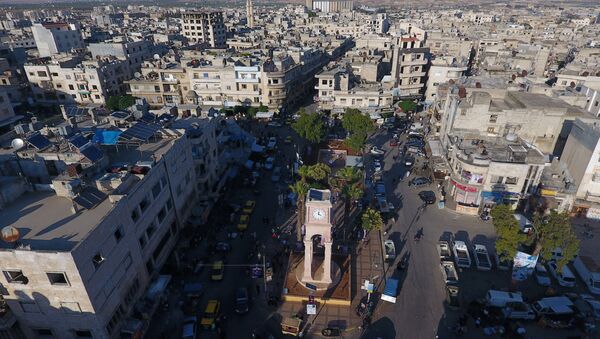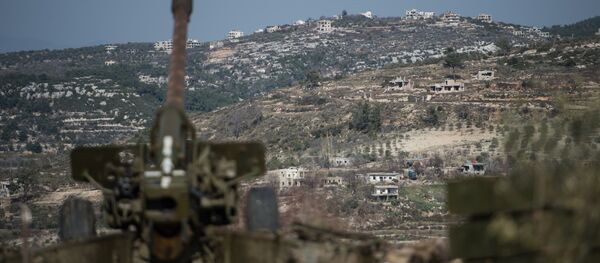"In terms of a breakthrough… I still think the chances are not great, I would say they're better now than they were three months ago or six months ago," Jeffrey told reporters on Monday.
He added that Idlib de-escalation zone was still holding, despite some sporadic incidents of violence in recent days.
"In terms of Idlib, we still believe… that it is a good thing that there is a good de-escalation zone, we believe it is holding. All of our conversations not just with the Turks but with the Russians indicate that it is," Jeffrey told reporters.
Putin and Erdogan met on the sidelines of the G20 summit in Argentina last week in order to discuss further steps needed for the demilitarized zone.
Militants withdrew their heavy weapons from the area as required under the agreement, but the creation of the demilitarized zone is still not complete because terrorists continue provocations.
Jeffrey said that earlier in the day, the Syria Small Group reviewed the implementation of a UN-facilitated Syrian-led and Syrian-owned political process to bring a permanent and peaceful end to the conflict.
The ambassador also said he has seen US sanctions have some impact on Iran's influence in Syria, though he declined to provide more details.
READ MORE: Russia, Turkey Agree to Continue Joint Work on Idlib Memorandum Implementation
The province of Idlib in northwest Syria is the last remaining stronghold of terrorist groups operating in the country, including Jabhat al-Nusra terrorist organization, which has joined forces with four other jihadi groups in Idlib to form a terrorist alliance called Hayat Tahrir al-Sham, widely regarded as the dominant force on the ground in the province.
Syria has been devastated by years of violent civil war that has prompted millions to flee hostilities to other locations within the country or abroad.



